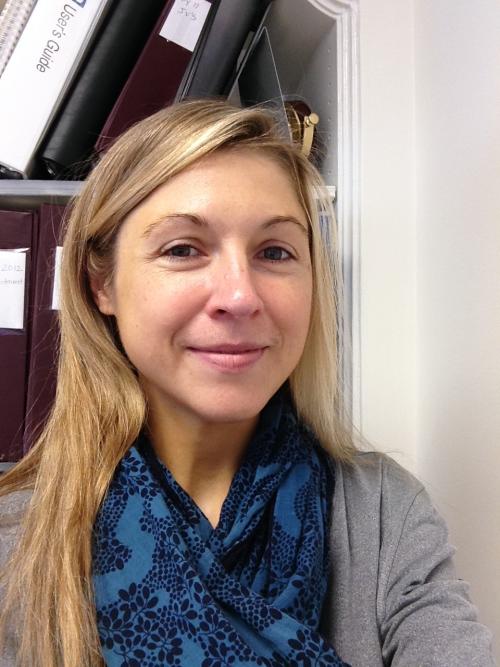
Blog
Alumni Profiles Series: Dharol Stevens (Part 2)

Dr. Dharol Tankersley Stevens received her Ph.D. in Philosophy and Cognitive Neuroscience from Duke University in 2008. Her dissertation is titled, The Neurobiological Foundations of Altruism. As a current resident of Denver, Colorado, she works as a Business Analyst for Enerpact LLC, a company based in Houston, Texas. Dr. Stevens also has a Bachelor of Arts from Emory University in Philosophy and Psychology.
This is the second part of our profile of Dr. Stevens. Interested in reading more? Click here for Part 1!
Any advice you’d like to share with current graduate students at Duke?
Getting a job is about who you know, who you know, and who you know. And you don’t have to know this person very well. I found my first job outside of academia because I showed up to a networking event, talked to a man named Tim for 20 minutes, and he emailed my resume to a networking acquaintance (Ed Schipul, the CEO of Schipul Technologies). I didn’t know Tim well at all, and Tim didn’t have a particularly deep relationship with Ed, but this seemingly insignificant social connection landed me an interview. I got my current job through a 20 minute conversation at a Christmas party with the man who is now my boss.
I see a lot of graduates avoid the social challenge of job fairs and professional happy hours. The people at these events are there to be friendly, and just as location sells a house and the economy gets politicians elected, social connections get people jobs. Résumés are often a mere formality.
Another important part of getting your first job outside of academia is doing what it takes to get your foot in the door. You might take a pay cut; your job title might be “Intern” instead of “Postdoctoral Fellow”; you might be managed by someone a decade younger than you instead of being the manager of a team of that generational cohort. But once you break in, your pay, job title and task assignments get better very quickly. The average postdoc is now longer than three years. My salary did not keep up with inflation in my 3 years of postdoc-dom; my job title did not change, and neither did my responsibilities. In two years in Industry my salary increased over 50% and I graduated from a glorified reporting squirrel to designing software.
Finally, you need a support network. Leaving the academy is hard – I felt like a failed scientist and failed writer, and I worried about the sunken cost of the nine years I had put into that career. In some institutions and families there is a huge stigma attached with leaving the noble pursuit of science. Finding a blog, online groups on LinkedIn, or attending events with Meetup.com groups can counteract the emotional pressure to stay in the tower by keeping you in touch with the thousands of other people trying to make this same transition.
Do you have any interesting projects or professional plans in the works?
There is a great amount of missed opportunity in academia and the business world right now. McKinsey estimates that American companies will be unable to fill over 1 million analytic positions within the next few years; roughly 80% of science and math Ph.D.s won’t be able to get academic jobs. I would like to be part of solving this problem, to help academic departments understand how they can better prepare students for industry, and industry understand how the training that science Ph.D.s receive meets their unmet need for skilled labor, including project management, user experience, and data management roles.
My dream is that academic departments find it necessary and advantageous in recruiting future students to advertise not only academic placements (postdocs and professorships), but also how many of their graduates now work at Google and Fortune 500 companies.
Author

Anna Kivlan, Ph.D.
Recent Ph.D. Graduate